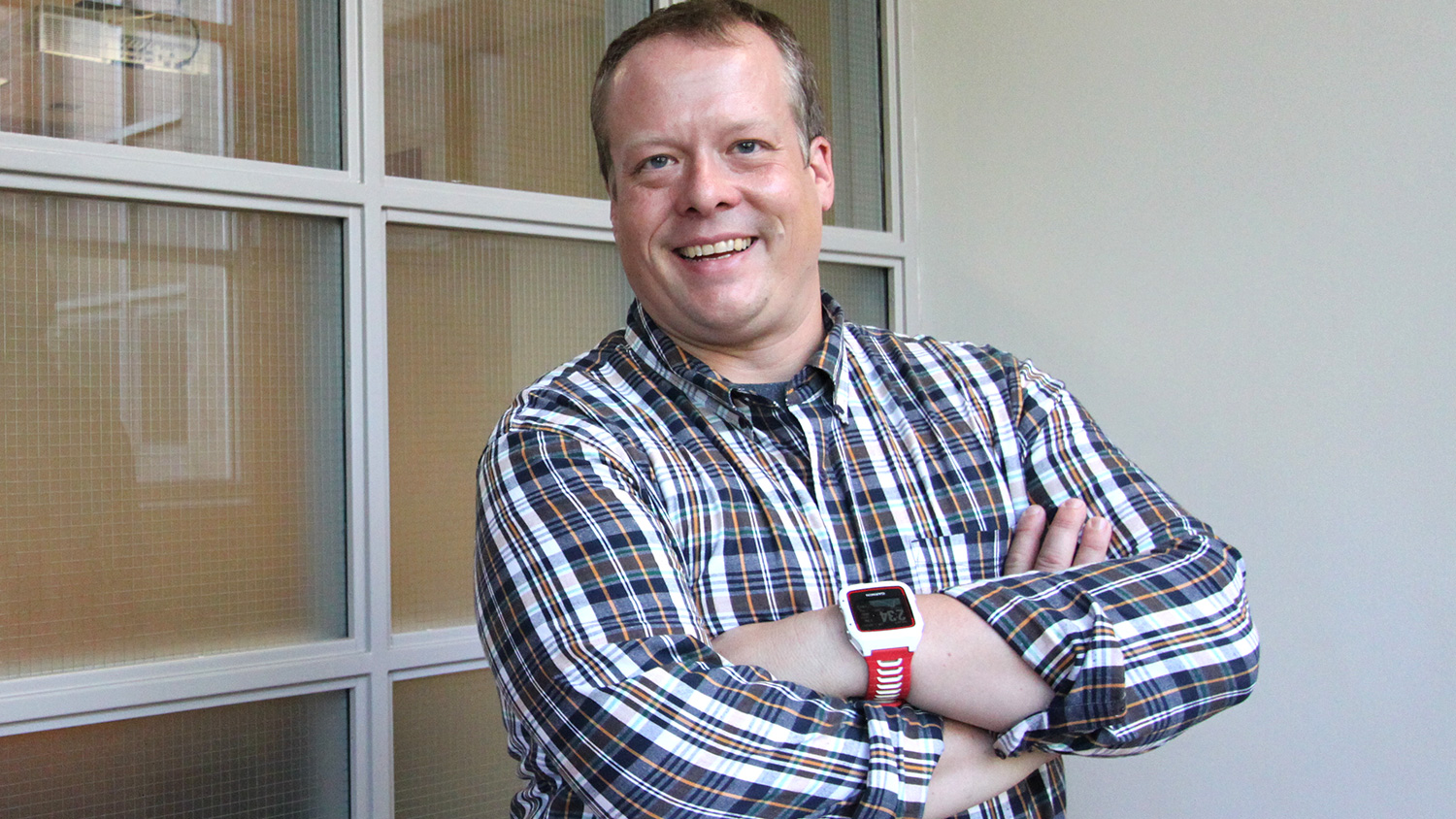Dr. Bill Rand: Using Computer Science to Solve Complex Social Science Problems

The intersection of computer science and marketing: That is where you will find Dr. William (Bill) Rand, assistant professor of business management and researcher in the Department of Business Management at the NC State Poole College of Management.
“I study the application of computer science methods to marketing problems … and teach the basics of behavior science and how to use big data to find better insights and engage consumers in the digital world,” he said when discussing his research with Poole College communications. Rand is one of seven Poole College professors to receive Poole College Summer Research Awards this year.
Rand examines three large questions as he investigates the diffusion of information:
- How do people find things out?
- What do they do with that information once they have it?
- How do they pass that information along to others?
“The answers to these questions are changing and new every day,” he said. “Digital transformation is and will continue to fundamentally alter the way business is done, and at the base of this transformation is the flow of information. If we can understand that, then we can be better prepared for the constantly changing future.
“I view this process through the lens of complex systems,” Rand said, explaining that “the best way to understand information diffusion is to model individuals (agents) – those who are diffusing information – and their interactions, and then to observe the emergent outcome of those models.”
Agent-based Modeling
Rand uses agent-based modeling (ABM) in much of his research – conducted in collaboration with a number of different companies and organizations – about freemium network-based games, app adoption, not-for-profit donations and innovation adoption, and most recently, understanding behavior through social media analysis.
He also examines the use of machine learning, network analysis, natural language processing and geographic information systems to help understand and analyze complex systems. This includes the diffusion of information, organizational learning, and economic markets.
In addition, Rand develops methods, creates pedagogy, and builds frameworks that allow other researchers and practitioners to use analytics and data-intensive methods in their own work. His research has been funded by the National Sciences Foundation, DARPA, U.S. Army, Google, WPP, and the Marketing Science Institute, and has been published in leading management and marketing journals.
Computer Science to Marketing
In explaining his research path, Rand said that he realized – while completing his doctoral program in computer science at the University of Michigan – that he was not interested in computer science for its own sake but, rather, for what it can do for society. His dissertation focused on machine learning; papers that he published around the same time focused on computer science’s application to social science problems.
“That realization came about through a happy happenstance,” he said. Rand’s academic advisor had referred him to the UM School of Natural Resources and the Environment, where he accepted a research assistantship working on an Agent-Based Model of Urban Sprawl, from 2001 to 2005.
A subsequent three-year postdoctoral fellowship at the Northwestern Institute on Complex Systems at the Center for Connected Learning and Computer-Based Modeling at Northwestern University affirmed that he was on the right path, building on an interest in complex systems that he developed while an undergraduate computer science and philosophy student at Michigan State University.
“I got really interested in the weird little things,” he said, like, how people decide to cooperate. One of his senior projects, he said, was to build different models of the evolution of cooperation. Those weird little things would now be called agents in an ABM.
While finishing his doctoral program, Rand also completed requirements for a certificate in complex systems which intersects with marketing. “Marketing problems are often great examples of complex systems,” he said.
- Categories:


